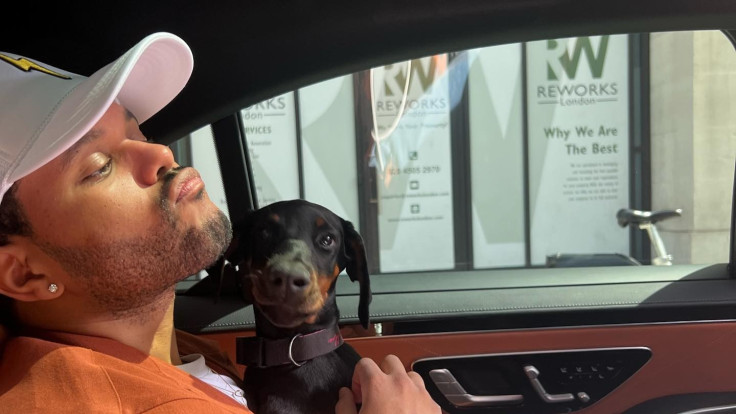The Weeknd Shut Out At 2026 Grammys—Fans Question If Reforms Truly Matter
The Weeknd's Hurry Up Tomorrow snubbed at the 2026 Grammys despite a dramatic return.

The Weeknd has always kept fans guessing, and this Grammy season is no different.
In a twist worthy of his most cinematic moments, the artist returned to the stage at this year's awards after years of outspoken protest—yet Hurry Up Tomorrow, his newest album, found itself completely sidelined in the 2026 nominations.
For all his spectacle and critical acclaim, not a single nomination materialised for the self-styled king of reinvention. What does this latest snub say about the future of awards, artistry, and the star himself?
The Weeknd's Long-Running Grammy Rift Deepens
Few artists have so publicly warred with the Recording Academy as The Weeknd. After 2020's infamous shutout for After Hours—despite global domination by 'Blinding Lights'—he declared a full boycott, going so far as to ban his label from submitting future music.
That grudge ran deep, driving both his musical choices and public statements. Earlier this year, however, he joined forces with the same institution for a surprise return, all shrouded in secrecy for maximum impact.
Hurry Up Tomorrow: A Bold Statement Ignored
Even with behind-the-scenes reconciliation and a highly produced performance featuring more than 100 dancers—and Playboi Carti—Hurry Up Tomorrow was shut out across all Grammy categories.
Republic Records invested in campaign ads, quoting glowing praise from major critics, including Pitchfork and The Guardian. 'The Weeknd's most expansive-sounding album,' claimed one; 'a record that will floor you,' said another. Yet, it was all for nought when the nominations were finally announced.
The album wasn't without its triumphs. 'Timeless'—a collaboration with Playboi Carti—became the Weeknd's 28th track to cross one billion Spotify streams by July.
Collaborations with Anita on Brazilian funk hit 'São Paulo' and with Lana Del Rey on 'The Abyss' only deepened the record's appeal, yet none of this swayed the Grammy decision-makers.
The Grammys really gave The Weeknd a whole ass public apology just to snub him again this year pic.twitter.com/OYQHWyqvRJ
— Jasper (@Jasp3r_0) November 7, 2025
The Weeknd's Grammy Campaign: Subtle Strategy, Surprising Results
Notably, The Weeknd himself chose not to run an aggressive campaign, leaving most of the push to Republic Records. Their 'For Your Consideration' adverts highlighted major artistic praise, but notably edited out The Guardian's more critical remarks.
Rolling Stone described the album as 'dazzling and frustrating', with sonic clarity interwoven through its rich synths and melancholic themes.
Interestingly, while the album was bypassed, Cirkuit—who produced standout tracks like 'Red Terror' and 'Big Sleep', the latter featuring Giorgio Moroder—received a nomination for Producer of the Year, Non-Classical.
Much of this recognition was also attributed to Cirkuit's work with Lady Gaga, but it nods to Hurry Up Tomorrow's adventurous sound.
The Weight Of Legacy: The Weeknd Reflects On Identity And Artistry
This year's performance and outreach might mark the closing of a chapter for The Weeknd moniker. Abel Tesfaye himself suggested in an interview with Variety that this album could be his farewell to the persona he's mastered.
'No one's gonna do the Weeknd better than me, and I'm not gonna do it better than what it is right now, ' he explained, hinting at a possible reset or new artistic direction to come.
Grammy Politics: Changes, Snubs, And The Future For The Weeknd
Despite reforms aimed at rejuvenating the Academy's ageing voter base, debates over fairness and transparency persist.
While artists such as Frank Ocean and Drake have also walked away, The Weeknd's very public boycott and return signal an unresolved rift.
The Academy's own leaders have acknowledged their missteps, but whether their changes will ever satisfy controversial cases such as this remains to be seen.
The Weeknd's Grammy journey is a powerful case study in recognition, reinvention, and resilience.
© Copyright IBTimes 2025. All rights reserved.




















